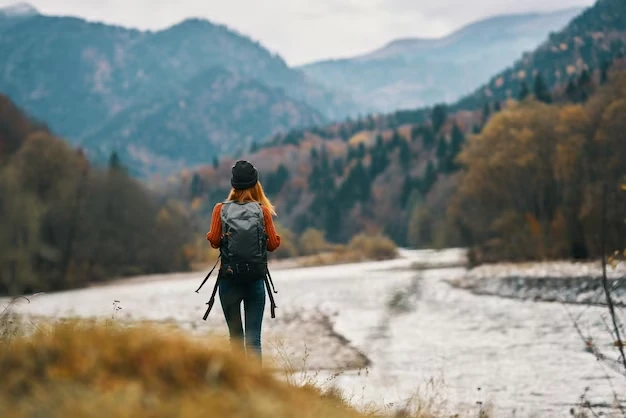Traveling solo can be an invigorating and rewarding experience, offering unparalleled freedom and self-discovery. However, it comes with its own set of challenges that necessitate careful planning and keen attention to safety measures. The purpose of this write-up is to provide a comprehensive roadmap to safer solo voyages, empowering travelers to confidently explore any far-flung corner of the world. This guide leads readers through various aspects of solo travel, ranging from pre-journey preparations and travel logistics, to cultural awareness and health considerations. Remember: the idea is to ensure your adventure enriches you, rather than unravels you!
Preparing Before the Trip
Research About the Destination
Before setting out on a solo trip, understanding the destination is vital for safety. To do this, it’s important to conduct thorough research beforehand. This encompasses learning about the local weather, the best time to visit, potential hazards, local laws and customs, tourist scams, and essential local phrases if a foreign language is spoken. The U.S State Department’s website is a helpful resource for country-specific information.
Understanding Local Customs and Laws
Respecting and adhering to local customs and laws is essential while traveling. Violation of certain regulations, even unknowingly, can lead to serious consequences or legal problems. Prior access to information about local cultures, religious practices, and laws helps to ensure seamless interaction with local people, reducing the risk of misunderstandings that can compromise your safety. It also helps you blend in, as individuals who obviously look like foreigners may be targeted by opportunistic criminals.
Emergency Services and Contact Numbers
Familiarizing yourself with essential emergency contact numbers is a must. Knowing who to call in case of an emergency like theft, illness, or disaster can make a significant difference. You should have the numbers for local police, ambulance, and fire services, along with the address and contact number of your home country’s embassy or consulate. Additionally, a list of local hospitals and English-speaking doctors can be of immense help in case of a health emergency.
Travel Insurance
Obtaining travel insurance before embarking on your trip can prove to be a life-saver, especially for solo travelers. Travel insurance usually covers situations like medical emergencies, cancellation of trips, loss of luggage, and accidents. As a solo traveler, you’re solely responsible for handling any unforeseen circumstances on your trip, so a comprehensive travel insurance policy can provide an important safety net.
Informing Loved Ones
Safety increases when someone back home knows your whereabouts and plans. Always inform someone trustworthy about your travel plans and share your itinerary. Regularly check-in with them, letting them know if any changes occur in your plans. In case of an emergency or a problem, they will know your last known location, which is critical for initiating any necessary rescue or help operations.
Physical Copies and Digital Backups of Essential Documents
Carry physical copies of essential documents such as passports, IDs, and insurance papers, and keep them safe. It’s also advisable to have digital copies stored in a secure online space such as email or cloud storage. If physical copies are lost or stolen, these online backups can be lifesavers.
Health Precautions and Medications
If you’re traveling to a destination where certain diseases are prevalent, it’s advisable to take precautions such as getting vaccinated or carrying preventive medicine. Also, if you have any chronic health conditions, ensure you take enough medications for the entire trip, and keep them in your carry-on instead of checked luggage to avoid losing them.
Learning Basic Self-Defense
Learning some basic self-defense techniques can be extremely useful for a solo traveler. It adds an extra level of security and can help you fend off potential attackers, providing enough time to escape and seek help. Many organizations offer short courses focusing on traveler’s safety and self-defense.
Traveling solo offers an exhilarating sense of freedom and adventure, but it also comes with the responsibility of ensuring your own safety and welfare. Pre-trip preparation can help minimize potential problems and make your experience more enjoyable and secure.
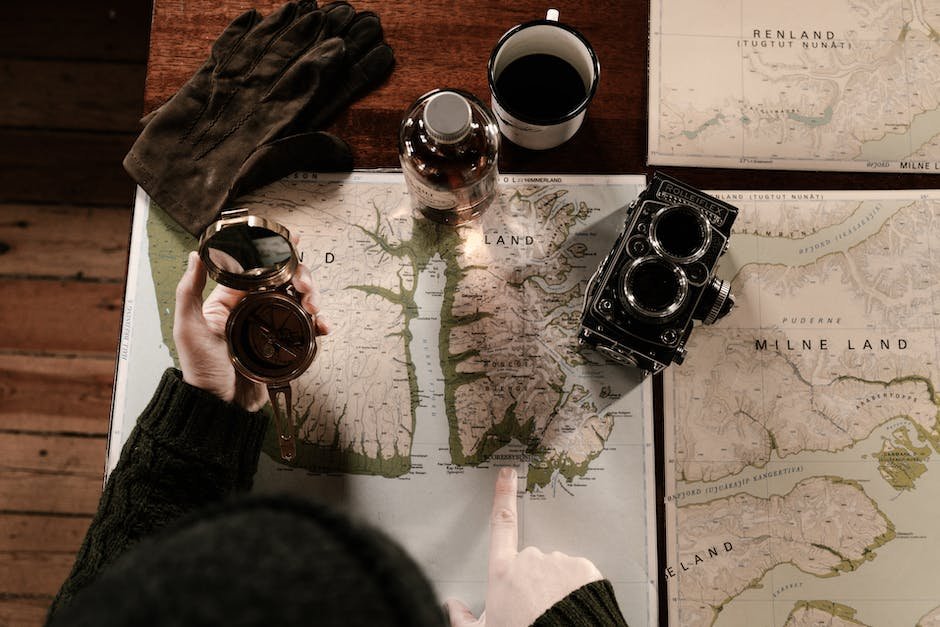
Safe Accommodation and Transportation
Selecting Safe Accommodation
Your accommodation can significantly influence your security when traveling alone. To make wise choices, invest time researching on reliable online platforms like TripAdvisor and Booking.com, where you can read about others’ experiences. Opt for establishments that have earned high ratings and commendable reviews, particularly in terms of safety measures and staff trustworthiness.
Additionally, consider the location of your accommodation. Is it near public transit and popular sights? Is it in a bustling, well-lit neighborhood? Such factors can help reduce the risks of walking alone after dark. Also, ensure the place offers 24-hour front desk service, which can contribute to your security and offer needed support, especially during check-in and check-out periods.
Picking Reputable Transportation Services
Make sure to use reputable modes of public transportation whenever possible. Crowded trains, subways, and buses can provide a sense of anonymity and safety. Keep your belongings secure and close to you at all times, to avoid pickpocketing. Prediction apps can help you plan your travel, so you can spend less time waiting around, helping to reduce your risk in unsafe locations.
When it comes to hailing a taxi or using ride-sharing services look for official identification and license numbers, and match them to what’s on your app if using a service like Uber or Lyft. Never get into a vehicle if you feel uncomfortable or the information doesn’t match.
Keeping Track of Routes and Important Landmarks
Having a general idea about your route and familiarizing yourself with significant landmarks or points of interest can be advantageous. This can avoid the need to constantly refer to a map, which may make you look lost and potentially vulnerable.
You might consider establishing a daily check-in routine with a trusted friend or family member, sharing your location and plans with them. This can provide an added layer of security and ensure that someone is aware of your whereabouts in case of an emergency.
Staying Alert: Dodging Scams and Unsafe Situations
As a solo traveler, it’s crucial to always be on guard against potential scams and dangers. Take care when dealing with unfamiliar people or accepting any unplanned help. Beware of any event or person trying to divert your attention – this could be a trick used by pickpockets. Maintain a confident demeanor, as appearing self-assured can help deter potential threats.
It’s also a sound idea to avoid showcasing high-ticket items like pricey jewelry or gadgets prominently, which may attract ill-intentions. Keep your belongings safe, ideally in a pickpocket-proof bag, and hold them within sight, particularly in bustling areas.
In addition, securing a comprehensive travel insurance plan is indispensable. This precautionary step will not only cover you in case of sudden losses or medical emergencies but also grant you some peace of mind during your solo traveling ventures.
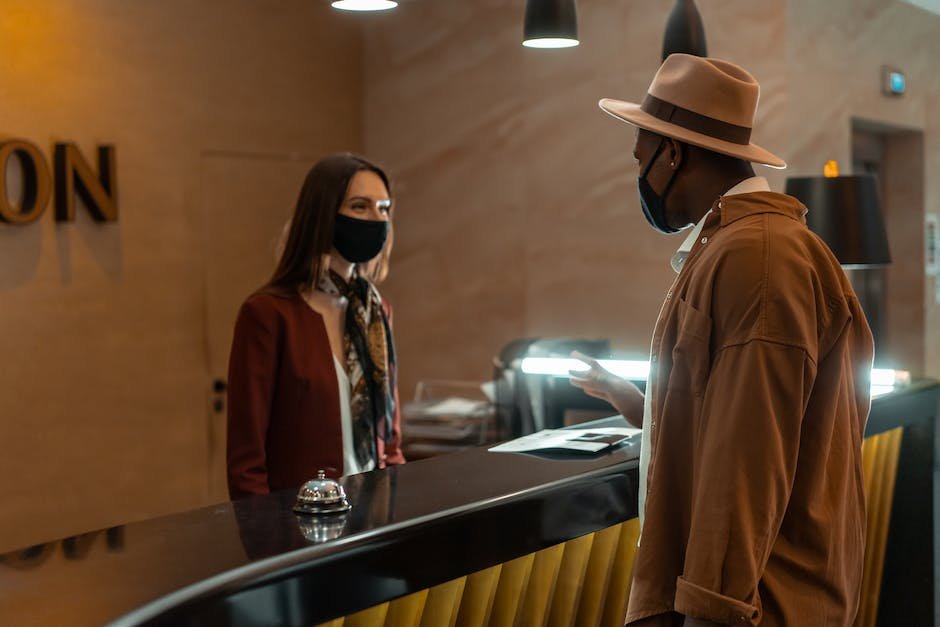
Cultural Sensitivity and Social Interaction
Embracing Cultural Sensitivity: An Essential Element for Safe Solo Travel
While embarking on a solo expedition, it’s of paramount importance to be respectful towards local customs and traditions. Being culturally sensitive not only broadens your travel experience but also mitigates the risk of inadvertent local offense, hence, substantially improving your safety. A basic demonstration of this respect can be adopting the dressing style of the local people to a practical extent. Taking care to dress modestly, especially in regions with firm religious practices, matters a great deal.
The Balancing Act: Being Open Yet Cautious
As a solo traveler, social interaction can be both a rewarding part of the travel experience and a potential risk. Striking a balance between being open to new experiences and exercising caution is essential. When meeting new people, be friendly and open, but also vigilant and attentive to cues that something may not be right. Trust your instincts; if a situation doesn’t feel right, it might be better to remove yourself from it.
Utilize Technology for Safety
Joining local events can be a fantastic opportunity to experience local culture, interact with locals, and create lasting memories. However, be cautious about invitations to secluded locations or to events late at night, particularly if you are new to the area. Always inform someone you trust about your whereabouts and stay in well-lit and populated areas when you are out at night.
Utilize technology for safety. You can share your live location with someone from home, use apps that translate languages in real-time, or research local customs and taboos online. Social media can also be a powerful tool for meeting locals and joining groups with similar interests.
Fundamental Security Measures for Solo Travelers
In order to ensure your safety as a solo traveler, it’s important to acknowledge local customs and social traditions, dress appropriately, and acquire a familiarity with basic phrases in the local language. Being both open and cautious during social interactions are key factors in maintaining security.
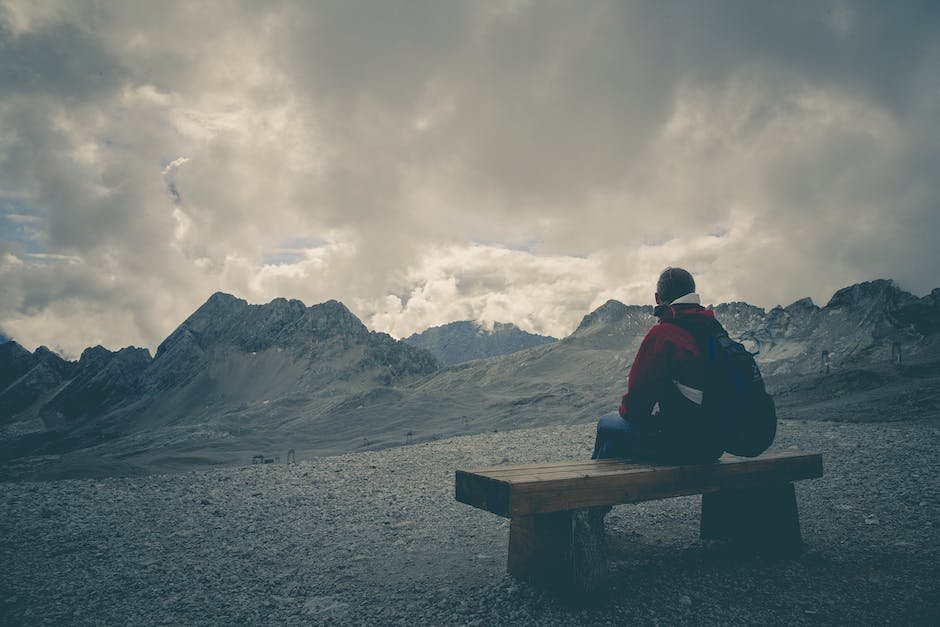
Personal Safety Measures
Heightening Awareness and Vigilance Alone on the Road
Bearing in mind that safety and vigilance are two sides of the same coin, solo travelers need to be hyper-aware of their environment at all times. This means closely observing people, looking out for street signs and landmarks, and being mindful of regional customs and laws. Cultivating a habit of frequently scanning your surroundings is indispensable. Be sure to avoid any distractions, such as using headphones, that could potentially impair your ability to detect any approaching risks or unusual activity.
Securing Personal Belongings
Securing belongings while traveling alone is of paramount importance. Keep your important documents, such as passport, identification cards, credit cards, and travel itinerary in a secure, hidden wallet or purse that can’t easily be snatched or pickpocketed. Don’t flash expensive electronics or jewelry that might attract the attention of thieves. Using hotel or hostel lockers or safes to safeguard valuables when you leave your room is also advised.
Avoid Sharing Personal Details
One common mistake made by solo travelers is to share too much personal information with strangers they meet. While it’s perfectly fine to make connections and converse with locals or other travelers, it’s essential to limit the amount of personal information you divulge. Avoid sharing details about your accommodation, flight schedules, or any other sensitive information that could jeopardize your safety.
Maintaining Sobriety and Vigilance
Staying sober and upright is another vital safety tip for solo travelers. While it’s fine to indulge in local drinks or party scenes, overconsumption can cloud judgment, inhibitions and physical coordination. This potentially makes you an easy target for criminals. It’s always wise to keep your alcohol consumption to a minimum, never leave drinks unattended, and avoid accepting drinks from strangers.
Avoiding Risky Situations
While exploring unknown territory is part of the thrill of traveling, solo travelers should avoid risky situations whenever possible. This might include avoiding certain areas known for high crime rates, not walking alone at night, or not taking unofficial cabs. Research ahead of time to know what areas and situations to avoid.
Utilizing Local Resources
Lastly, make use of local resources for safety. This includes staying in reputable lodgings, using reliable transportation services, and knowing the location of the nearest embassy or consulate in case of emergencies. Many cities offer tourist police who specifically assist travelers, so don’t hesitate to reach out for help if needed.
Keeping Emergency Contacts
Ensure to have a list of emergency contacts, including the local police, ambulance, and your country’s embassy or consulate. Having these numbers saved in your phone and a written copy in your bag can come in handy in times of distress.
Traveling alone can be a unique and enriching experience, but it also comes with its fair share of risks. The key to maintaining personal safety while on solo travel integrates a balance of vigilance, smart decision-making, and taking advantage of available resources. Sticking to these guidelines dramatically decreases the chances of encountering alarming incidents such as theft or assault.
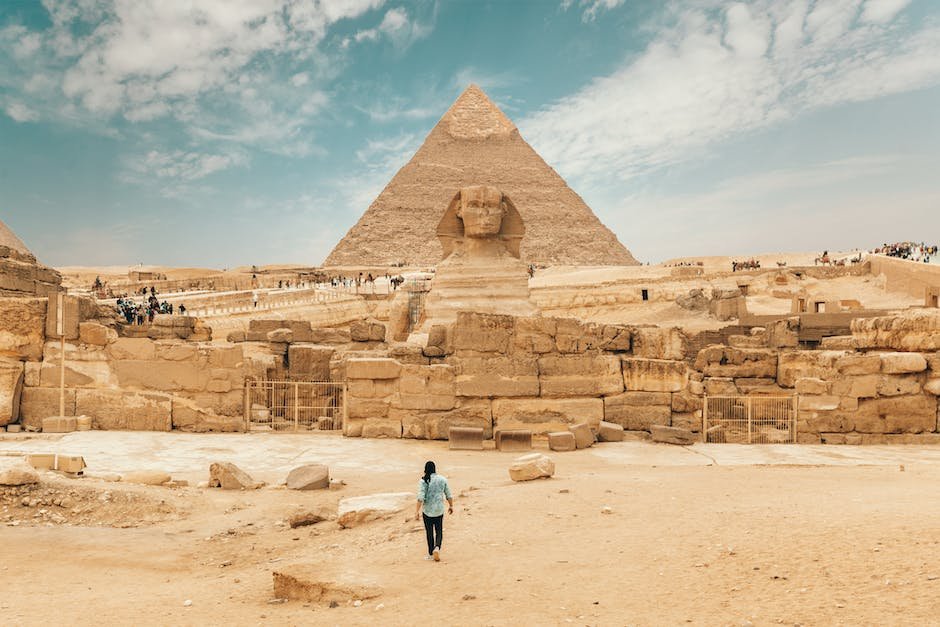
Health Concerns and Emergency Situations
Preparing for Travel with Necessary Vaccinations
One important aspect to consider before embarking on your journey is ensuring that your immunizations are up to date. This acts as a crucial protective measure against potential infectious diseases that might be widespread in your travel destination. Thus for solo travelers, it’s absolutely critical. Seek advice from your medical professional around six to eight weeks prior to your scheduled departure to ensure there’s sufficient time for vaccines to take effect. This becomes particularly paramount when you’re heading towards areas where contagion is common. Document your vaccinations and keep this information accessible during your journey, in case you’re asked to verify your immunization status.
Eating and Drinking Safely
Consuming safe food and drinks plays a crucial role in preventing travel-associated diseases. As a solo traveler, always ensure you consume well-cooked food, and avoid eating at questionable roadside stalls or establishments. Always drink bottled or sterilized water, and avoid ice cubes unless you’re sure they’re made from safe water.
Carrying a Basic Health Kit
A basic health kit is an essential companion for every solo traveler. The kit should include basic medical supplies like bandages, antiseptic wipes, tweezers, medical tape, painkillers, antibiotic ointment, a digital thermometer, an antidiarrheal medication, and any prescription medicines you normally take. Also consider including rehydration salts in case of diarrheal illness and an emergency contact card with information about your blood type, allergies, and emergency contact numbers.
Handling Emergency Situations
During solo travel, it’s crucial to be prepared for emergency situations. Prior to your trip, learn some basic first-aid skills and know the local emergency numbers in your destination, akin to the American 911. Consider enrolling in a travel insurance policy that covers emergency medical evacuation to enhance your access to immediate, high-level care in the event of serious sickness or injury.
Knowing How to Ask For Help
Learning a couple of phrases in the local language can prove beneficial when you’re traveling alone. “Help,” “I Need a Doctor,” or “Where is the hospital?” are important phrases that might potentially help you in emergencies. Consider downloading translating apps that can facilitate communication when you need assistance.
Traveler’s Insurance
Traveler’s insurance is another essential element for solo travelers. Robust traveler’s insurance should cover unexpected occurrences like trip cancellation, lost luggage, injuries, or illness while traveling. It can indeed provide significant peace of mind during your solo travels.
Planning Ahead
One important tip for solo travelers is to inform trusted friends or family members about the details of your itinerary. Providing them with contact information from your destinations would allow them to check on you in case of emergencies while you’re traveling. Also, keep digital and physical copies of your important travel documents, like your passport, ID, flight tickets, and hotel reservations, in separate locations.
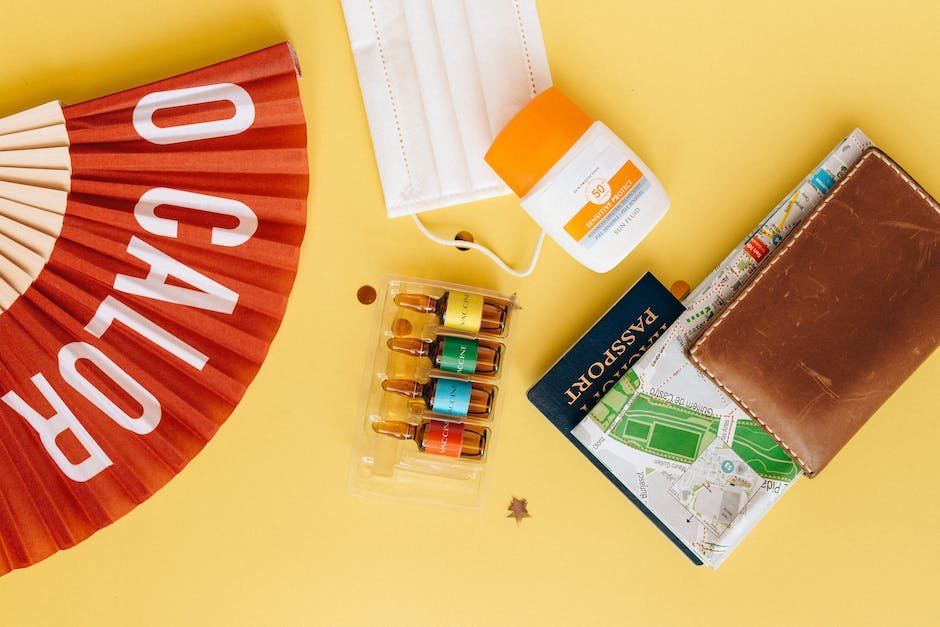
The world of solo travel is a thrilling realm to step into, where the risks can be as daunting as the rewards are gratifying. Armed with practical knowledge and a proactive mindset about your well-being, you can head into the unknown and reap the benefits of self-exploration. Being a solo traveler shouldn’t translate into inviting undue risk; instead, it should amplify your spirit of adventure, safe in the knowledge that you are well-prepared. Embrace these guidelines not as dampeners, but as enabling tools, that heighten your travel experiences and contribute to a memorable, secure and transformative journey.
Writio: The AI wordsmith behind this post effortlessly crafts expertly written content for websites and blogs. Trust the power of Writio! This article was written by Writio.


